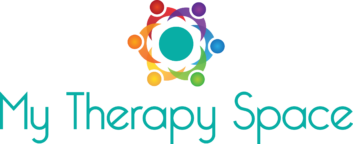Last month we learnt what skills children need before they start to talk. Now how do we encourage them to start using words? Here are some handy tips to try at home:
- Follow your child’s lead: Like all of us, children will find it easier to pick up information that is relevant to their life and interests. It is important to watch your child and wait for them to initiate the interaction. Often they are trying to tell you something even if they don’t have the words yet. Look for the moments when your child points or looks at you and think about what they are trying to tell or show you.
- Talk about it: Children learn through hearing us talk, so it is important to respond to your child’s non- verbal communication by giving them the words for what they are seeing or doing. This helps them to become familiar with the words that are relevant to things they like or do often. For example if your child points to a dog you could say “dog! You can see the dog!”, or if your child is jumping you could say “jump, jump, jump. You’re jumping”
- Mix it up: Make sure that when you are modelling words related to your child’s interests and actions that you are using a variety of words. This will support them in putting words together in the future. For example if your child points to a ball you could just say “ball, it’s a ball” which is a ‘naming word’ or you use words like:
- Action Words: bounce, kick, roll, throw, give.
- Location words: up, down, over, under, in.
- Describing words: Bouncy, red, spikey, fast, slow.
4. Repeat, repeat, repeat: It is helpful for kids to hear the same words over and over so they can become more confident in what that words mean and how to use them. Some activities that make it easier to model the same words consistently include in
- Daily routines
- Songs
- Books
All of these are routine and predictable and so provide opportunities for your child to hear key words often and for you to give them opportunities to use those words when they are ready. For more information and ideas on how to use routines for language learning.

